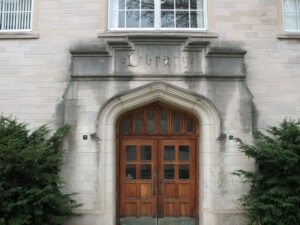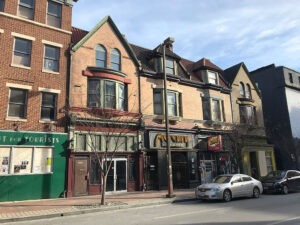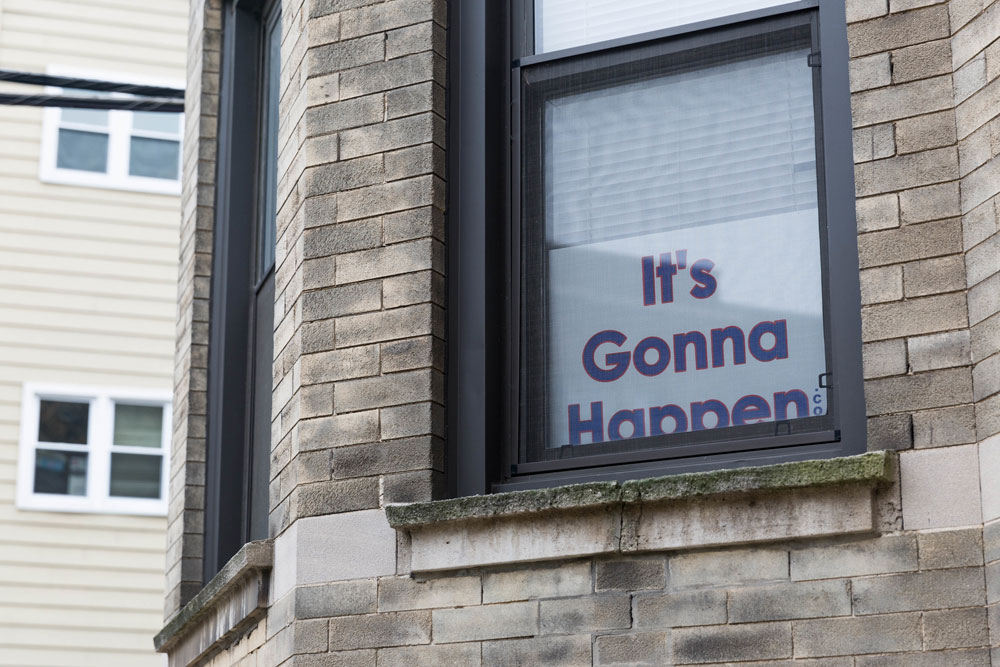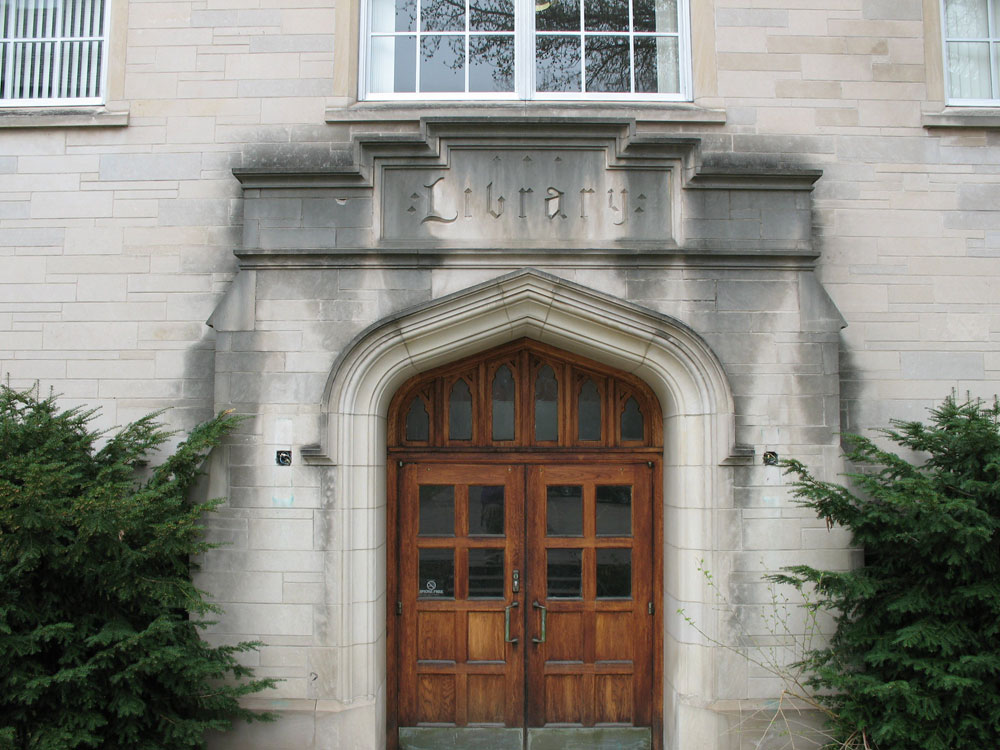March 17, 2015; Philadelphia Inquirer and Bellingham Herald
Last week, Nonprofit Quarterly ran a story from Maine pointing out that nonprofits need to be good neighbors and reach out to the communities where they are located, because failing to do so could generate the kind of local opposition that undermines the support of local elected officials and stymies an organization’s program goals. Now in New Jersey, a nonprofit has had difficulty disposing of an obsolete facility, whose sale could fund a new one.
This week, the Philadelphia Inquirer has run a story about plans by an addiction treatment company to open a rehabilitation center in suburban Haddonfield, one of southern New Jersey’s wealthiest towns. But an article in the local Bellingham Herald says the idea, which includes the sale of a nonprofit school, is making some neighbors quite unhappy.
The 19-acre site has been controversial for years; it is operated now as the nonprofit Bancroft School, which has been serving students with intellectual and developmental disabilities since 1883. Bancroft announced last year that it was moving to a new home and selling the property to the highest bidder.
Sign up for our free newsletters
Subscribe to NPQ's newsletters to have our top stories delivered directly to your inbox.
By signing up, you agree to our privacy policy and terms of use, and to receive messages from NPQ and our partners.
This came after voters rejected a bond measure that would have turned the land into open space and sports fields. Other proposals to sell the land to the Haddonfield school district and Camden County have also failed. And the group that campaigned against the open space plan called the drug treatment center plan “highly inappropriate and incongruous with its setting.”
A local real estate developer announced Monday that he would buy the school property and turn it into a drug and alcohol treatment center run by for-profit Recovery Centers of America, which called the proposed voluntary inpatient and outpatient treatment facility “a unique behavioral health facility in a great location.”
The facility, catering to an upscale clientele, could treat up to about 300 clients. The developer claims to have the rights to develop the property, although Haddonfield’s mayor countered that it will need a variance from the borough’s zoning board.
In the midst of calls for transparency by local politicians, Recovery Centers said they would conduct a series of public meetings. Bancroft says it needs the proceeds from the sale of the property to support the purchase and development of a new expanded school in a nearby town.
Recovery Centers is on a big expansion drive between Boston and Baltimore: “The substance abuse epidemic is growing exponentially in affluent neighborhoods throughout the United States, and people are dying in unprecedented numbers due to the shortage of treatment availability.”—Larry Kaplan












